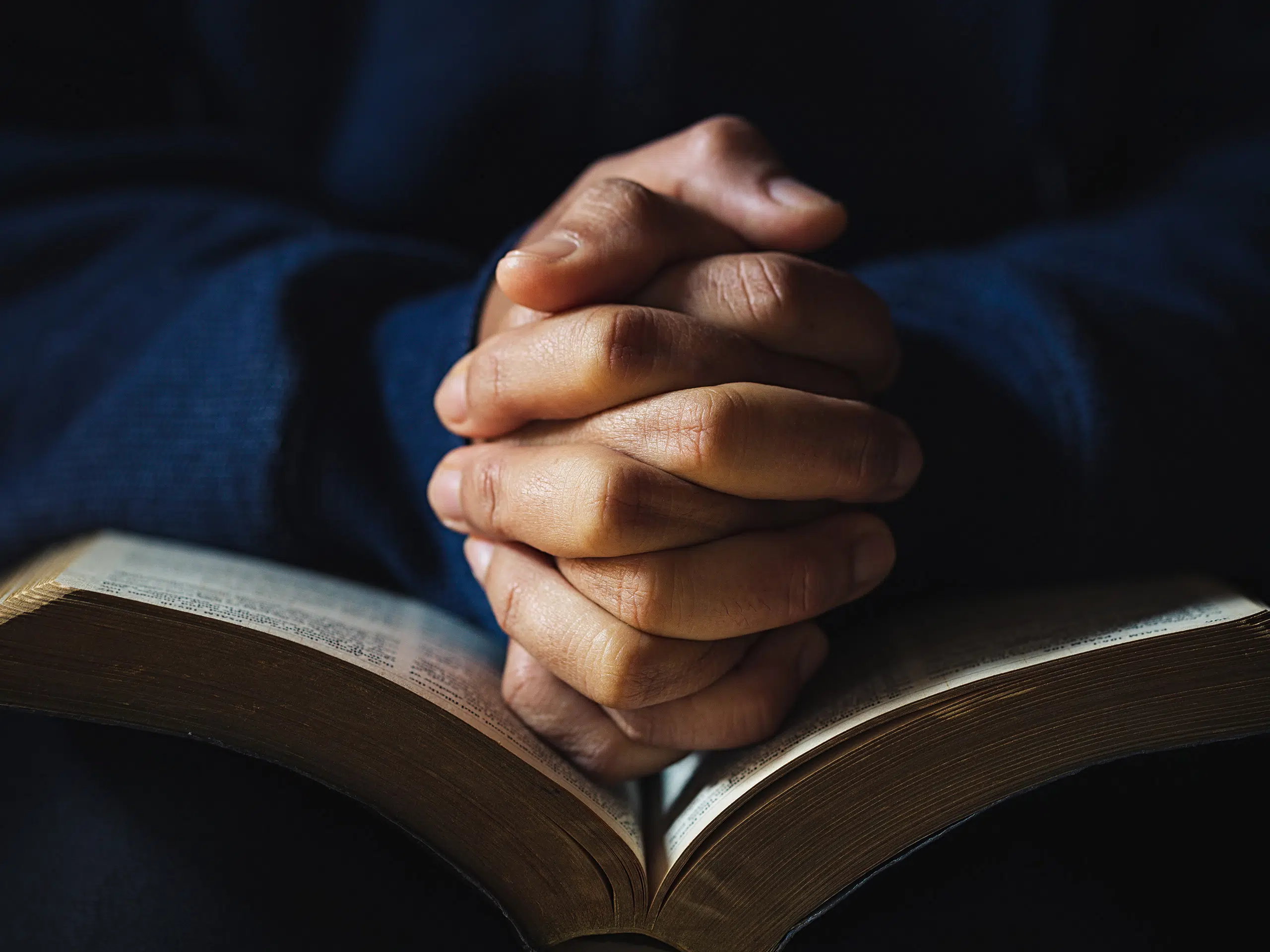A medieval Belgian saint named Christina the Astonishing (1150-1224) reportedly could smell sin. No, I’m not making this up. There are accounts that when she was in church, she levitated up to the rafters because she couldn’t bear the stench emanating from her fellow worshippers.
And so it is with our cynicism, the de facto language of our age. It reeks. If St. Christina could walk among us and catch a whiff of it, she’d levitate far beyond the rafters.
We’ve all been there. You’re catching up with a colleague, friend or neighbor. The conversation is unfolding in a generally civil way — we are putting our best foot forward, trying to assume the best motives of others, attempting to connect our words to faith, hope and charity. Then one partner in the conversation dips into the delicious dark murk of cynicism.
“Well, you know why he really did that … right?”
And just like that, we cast aside our nobler angels in our race to the cynical bottom. And that familiar odor begins to rise up, again.
“The siren song of cynicism,” is “that strangely alluring voice that lulls us into a negative state of complacency at best and abject nihilism at worst,” wrote Annie Reneau in an essay cited by Bishop Robert Barron on a recent “Word on Fire Show” podcast episode. She observes that cynicism “requires no deep digging, real reflection or soul searching.” On the contrary, she writes, “It’s the easiest thing in the world to call the world a dumpster fire, toss up our hands and say, ‘Welp, everything and everyone sucks, so what’s the point?’ ”
But if we find ourselves falling for this siren song, Bishop Barron argues that we ought to fess up to being intellectually and theologically “incoherent.” That would be the honest thing to do. We ought to openly admit that we are choosing the “intellectually cheap” and “morally questionable” approach to life.
“Metaphysically,” Bishop Barron explains, describing the cynic’s first mistake, “evil is parasitic upon the good, so good will always be greater.” When we fall prey to a cynical mindset, throwing up our hands and saying, “The world is evil,” then we forget something profound: “Good is always greater than — and more metaphysically fundamental than — evil.”
Recalling the teaching of St. Thomas Aquinas, we know that evil is not created, but rather “privatio boni” or a “privation of a due good.” Good comes before evil. Or as theology professor Adrian Walker explains, “Because the good has an absolute ontological primacy over evil,” the good has “nothing to prove.”
As an exercise, think of the best — and least cynical — person you know. What you’re beholding in that person’s goodness, Walker suggests, is a “kind of quiet, solid reliability” and “serene normality.” This is what awaits us when we put cynicism aside and live as coherent Christians.
The alternative is stark. “Evil,” explains Walker in terms that can also describe cynicism, “is not a nothing, but a voracious ontological parasite that feeds off of the real in order to clothe its empty center with a shadowy, counterfeit substance with no originality of its own.”
To drive home his point about the cynic’s intellectual misstep, Bishop Barron cites St. Paul: “Where sin increased, grace overflowed all the more.” Paraphrasing, Barron says, “Where evil abounds, good abounds all the more.” To assert this is “not pollyannish,” he explains. It’s realistic. Even more, he says, “It’s metaphysically precise.”
But the cynic commits a second and even worse error. “Theologically, the resurrection triumphs over the cross,” Bishop Barron explains. When we choose cynicism, we deny Christ’s triumph. “It’s really incoherent to be cynical,” Barron concludes.
Even so, with the consequences of evil strewn all around us, how are we to overcome this subtle siren’s song, this parasite? How can our Christian witness become more coherent?
The astonishing answer is at hand. Strengthened by this Lent — our prayer, fasting, almsgiving, and disciplining of our appetites and passions — we now approach the cross with the confidence that the good will prevail because Jesus Christ has triumphed over sin, death and evil.
Beholding such a certain victory, may we finally allow the shadowy ramparts of cynicism in our hearts to fall. And when the sun’s first rays break over the horizon on Easter morning, may we step serenely into the fresh coherence of the new and resurrected life wondrously won for us.
Johnson and his wife, Ever, are co-founders of trinityhousecommunity.org.



